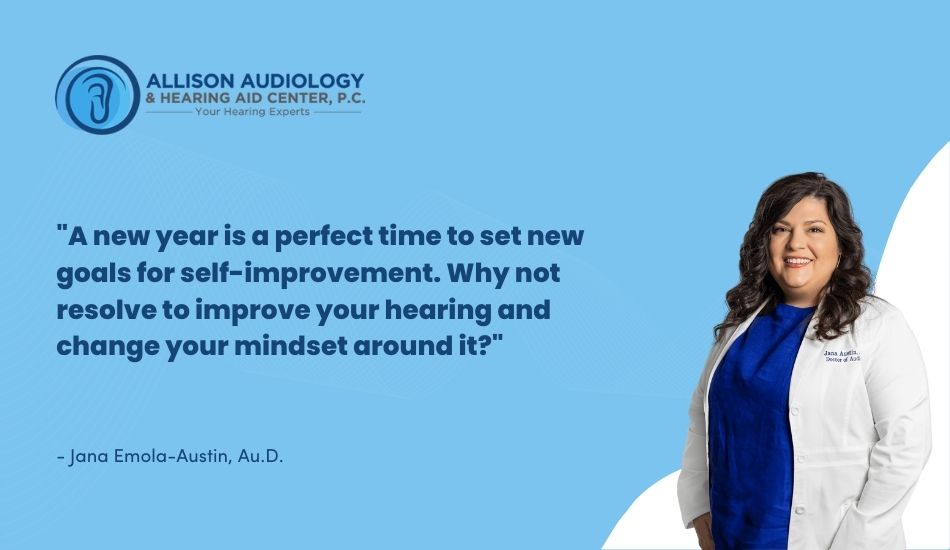Music is one of the purest forms of human expression. Very few other mediums give us the blank canvas our heart’s desire, to be as creative and honest as we want. However, almost everything of some worth comes at a price.
Musicians especially know this, as they wear headphones for a lot of their practicing and recording. How else can they truly understand what their instruments are doing if they don’t isolate each note they are playing? Going to recording studios where the music is louder and even more concentrated, is harsh on your ears as well. Playing in concerts with other musicians where the songs are amplified even further, is part and parcel of being a professional musician. Over time, you will develop ringing in your ears.
So, is having tinnitus written in your future or can you avoid it?
The basics anyone can do
If you play music a lot, chances are you are spending most of your playing hours at home. You’re also going to be in one particular room so as to not disturb the rest of the house. The very least you can do is to buy some musician earplugs. These are a specific type of earplug not like the usual earplugs you might get at an airport. They are made specially, using particular materials that will rebound and or absorb the sound. These earplugs can also be worn during performances. If you have sensitive ears, musicians’ earplugs are a necessity.
In-ear monitors
There’s a lot of ambient noise when you play music. Just sitting at home you can hear cars driving by, dogs barking and airplanes flying overhead. Consequently, this can cause you to play louder than you actually need to because you feel you can’t hear yourself otherwise. However, if you wore a pair of in-ear monitors, you can isolate the sound of your instrument.
This allows you to play quieter and gentler, without harming your ears. In-ear monitors are very flexible as they have controls that you can use via a console. This can help you truly pinpoint each note and allow you to even improve your playing.
Closed-cup headphones
If you play in bars and small venues where there isn’t a lot of space, this can cause tinnitus on a nightly basis. The sound reverberating off the walls in such a tight room is bound to hurt your ears later that night or the next morning. Wearing a simple pair of closed-cup headphones will dampen the sound but still allow you to hear what’s going on around you.
You don’t need to hook your headphones up to a jack to listen to yourself, just place them around your ears for protection. The closed cup design is naturally noise-blocking and this option is usually cheaper than other alternatives.
Monitoring your ears
If you suspect that you have a ringing in your ears or perhaps, you’re just a professional musician who’s looking to save their hearing quality for as long as possible, speak with an audiologist. They’ll perform a series of hearing tests, much for the same reasons and aims as an optician would. We will check the level of your hearing, in different scenarios and give you a full report of what is going on with your hearing ability.
If you do happen to have tinnitus, we have a number of different solutions. We personalize treatment plans so we’re giving you the best treatment for your specific needs. The tinnitus retraining therapy (TRT) will provide you with a way to override the buzzing, ringing or whooshing. This is typically used in tandem with hearing aids, which offer masking features to block sounds out.
Sometimes tinnitus is caused by trauma and other times it’s by the constant bombardment of loud noises. White noise therapy is highly recommended, which will block out the sounds of tinnitus during day-to-day situations. The audiologist will also discuss with you, what kind of environmental triggers could be in your lifestyle. Perhaps your profession or your hobbies could be causing the condition to worsen. You’ll also be trying on wearable sound generators during therapy so your awareness of tinnitus may be decreased.
Soundproof your home
If music really means a lot in your life, you won’t mind paying for your home to be soundproofed. There are plenty of affordable options which you can fit your wall, which can absorb as much sound as possible, so you can play music in confined spaces and not hurt your ears. Acoustic foam boards can be bought online in packs and or single pieces.
Musicians who dedicate their lives to their craft don’t need to experience tinnitus as they age. You can take preventative measures right now to serve you well in your musical career. If you’d like to know more about tinnitus in musicians, feel free to contact us at the Allison Audiology & Hearing Aid Center, P.C. or call us at: Houston: 713-827-1767.




